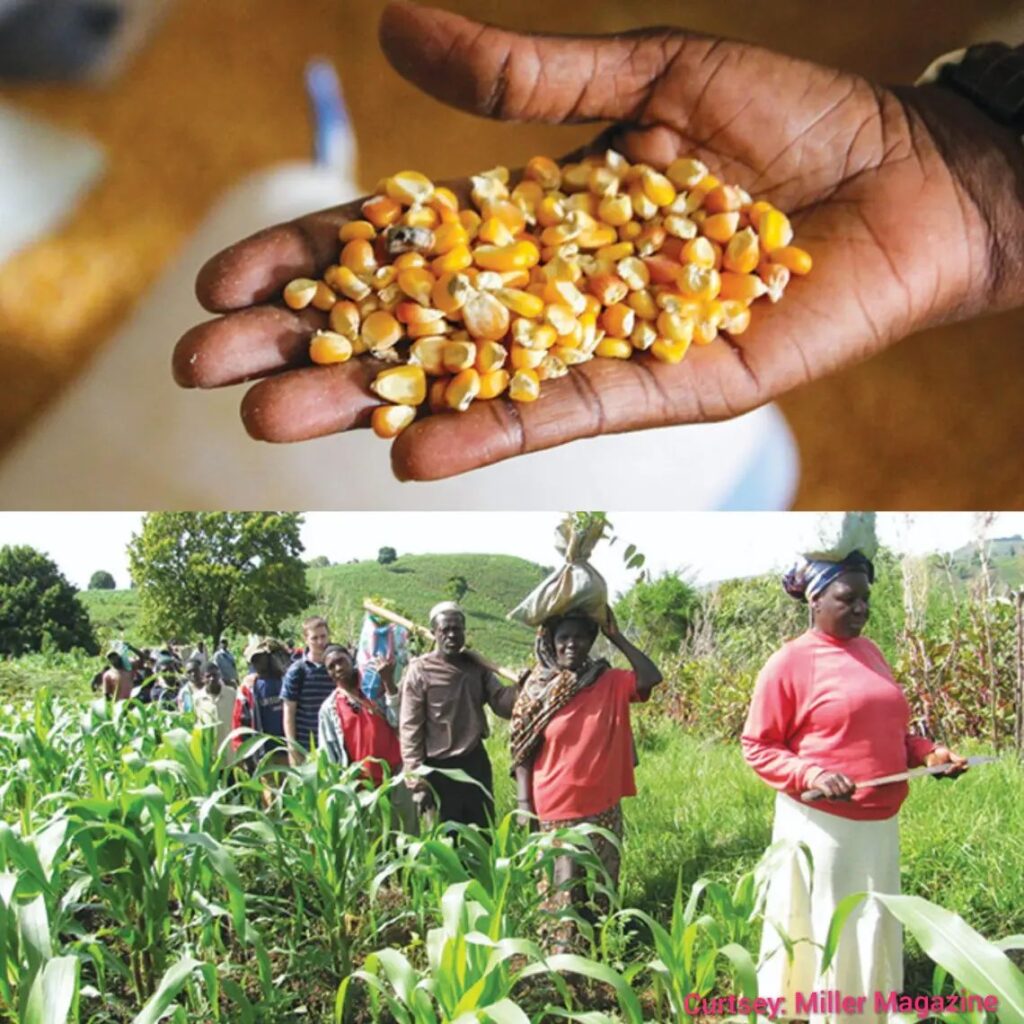The Government of Cameroon indicates that a total of 348 young people will be trained in local flour production in the ten regions of Cameroon. The announcement was made by the Ministry of Youth and Civic Education on June 14, 2023.
Minister Mounouna Foutsou, who presided over the official ceremony at which the announcement was made, indicated that the program will aim to train young people in local flour production.
“The government through the MINJEC is committed to mobilizing and directing young people towards these promising professions that are likely to contribute to this import substitution policy through the processing of local flour,” she said.
Shortage
Corn, rice, sorghum and millet are some of the main cereals grown in Cameroon. Unfortunately, their production is not done on a large scale to meet national demand. This explains why since the beginning of the Russian-Ukrainian war in 2022, the Cameroon bakery industry has been directly affected. According to the Minister of Youth and Civic Education, this program will encourage self-employment and reduce the import of wheat flour. He added that several cities in Cameroon do not have standard bakeries.
“Through these units, it is a question of valuing these local raw materials in the manufacture of breads and pastries, while valuing these professions among young people,” continued the Minister.
A total of 348 young people will be trained in the ten regions of the country. Eventually, they will be installed in regional pilot units, then in secondary units across the 58 departments. To begin with, 60 young people are engaging in the training program. Foreign dependence
In 2021, the government of Cameroon, according to official statistics, imported more than 850 tons of cereals from Russia and Ukraine.
Russia is considered the leading supplier of wheat to Cameroon, because it derives about 35% of its annual volume from Russia. The same applies to Ukraine since the country imports 50% of its wheat from Ukraine.
This happens since Cameroon produces less than a quarter of the 1.6 million tons of wheat needed by the country each year. These statistics were formalized by Paul Biya’s government.
It is hoped that this will solve the existing problem and reduce the amount of wheat flour imported into the country.




